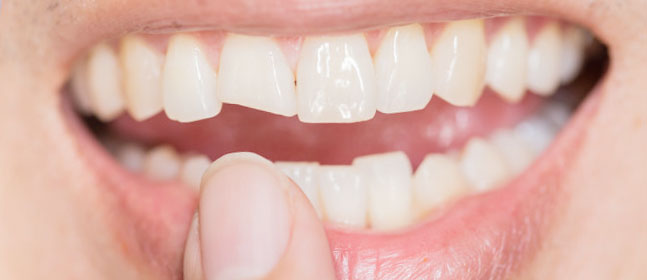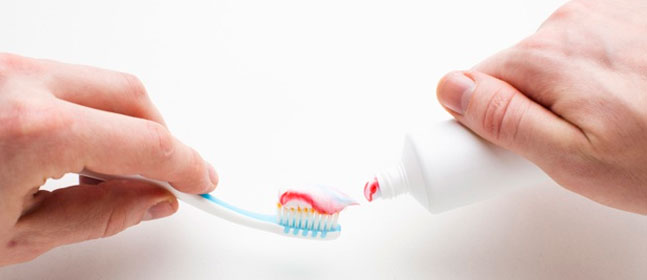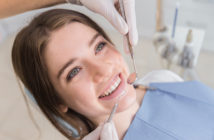We all are aware that stress is harmful to our health and may lead to serious health issues. But many of us don’t know is that stress can be a prime cause behind poor oral health.
Several medical pieces of evidence are available, which suggests an alarming link between both stress and disease of gum.
57 % of current studies revealed a close relationship between stress and gum disease showing psychological symptoms like anxiety, depression, distress, and a feeling of loneliness.
It is not easy for a layman to indicate the adverse effects of anxiety and stress on gums. Still, studies revealed the fact that having elevated levels of cortisol, which is the stress hormone may play a serious role in that. Apart from this, too much stress will encourage people to show a casual attitude towards their oral care habits.
People having high-stress levels remain inclined towards boosting their bad habits, and that proves to be harmful to periodontal health. A casual attitude is seen towards oral health with an increase in the intake of tobacco, alcohol, or drugs. People belonging to this category need health care for relieving stress by doing activities like regular exercise, balanced food, quality sleep, and a positive attitude towards life.
Oral disorders due to stress

Based on research done by Harvard University, it was found that stress can promote bruxism, burning mouth syndrome, dry mouth, and also lichen planus. If the same remains untreated for a more extended period, then that may lead to stress-related gum disease. If taken a serious turn, one can also lose teeth and bone of the jaw. Some of the common symptoms also include swollen gums, bleeding gums, bad breath, and loose teeth.
Bruxism
Bruxism can be defined as a habit of grinding as well as clenching of teeth. This type of condition is closely linked with work stress and personality type. Research on personality type study revealed that people with shy nature, apprehensive and worried in life, remain inclined towards bruxism. If this human habit is combined with tooth erosion, then bruxism may end up giving devastating effects on your teeth and needs critical corrective treatment.
Unconscious grinding of teeth may welcome problems like:
Cracked teeth

- Having Sensitive teeth because of teeth wearing
- A feeling of Headaches, or sense of jaw tiredness after waking
- Chipped or Flattened look of the teeth.
- Bruxism treatment includes the application of mouth guards or splints and meditation to relax the mind.
Dry mouth
The dryness of the mouth may happen due to stress. In many cases, it is due to medications of stress, anxiety, or depression. Having a low level of saliva in the mouth may show the following consequences:
- Lack of taste and appetite
- Increase in the level of tooth decay due to lack of required protection
- A problem in wearing dentures and can be because of lack of lubrication
- Increase in the level of plaque accumulation followed by an increase in the chance of gum disease
- Excessive wearing of the teeth leading to increased sensitivity.
Burning mouth syndrome

Burning mouth syndrome [BMS] is one of the painful and frustrating oral conditions showing scalding tongue, lips, palate, or across the mouth. Although BMS is known to affect anyone, but mostly seen in middle-aged or in old women.
A feeling of moderate to severe oral burning is the primary symptom of BMS. If not treated, it may go for months and even years. Few say to experience the same, in the early morning, leading to a peak by evening, and again subsiding at night. Few reported to experience constant pain, and few said, it comes and goes. It is common to see patients suffering from anxiety and depression who experience burning mouth syndrome leading to chronic pain.
Common symptoms of BMS
- A feeling of numbness or tingling at tongue tip or in mouth
- A Bitter or metal-like taste change in the mouth
- Dry or sore mouth.
Having oral awareness and knowledge can bring some lovely smiles across the globe and a low misery rate due to tooth decay.
Tips for prevention

- Brush your teeth for three minutes twice a day followed by flossing. Meet your dentist to learn the right techniques of brushing and flossing.
- Use fluoride enriched toothpaste.
- Brush using a soft and polished bristle brush, as it will avoid injuring gum tissue. Change toothbrush every 3 – 4 months as a worn-out toothbrush can cause gum injury.
- Follow a healthy diet. Say no to snacks, sugar enriched, and junk foods as it supports plaque development.
- Avoid smoking. Cigars and tobacco chewing lead to unhealthy gums and teeth.
- Visit your family dentist at an interval of every six months both for a dental check-up and oral cleaning. The dentist will remove hardened plaques that are difficult to remove with brushing or flossing.
- Rinse mouth thoroughly after every meal.
- Go for healthy snacks, for example, celery and carrot snacks with houmous or avocado dip, plain yogurt, cheese with vegemite crackers, fresh fruit, and nuts.




